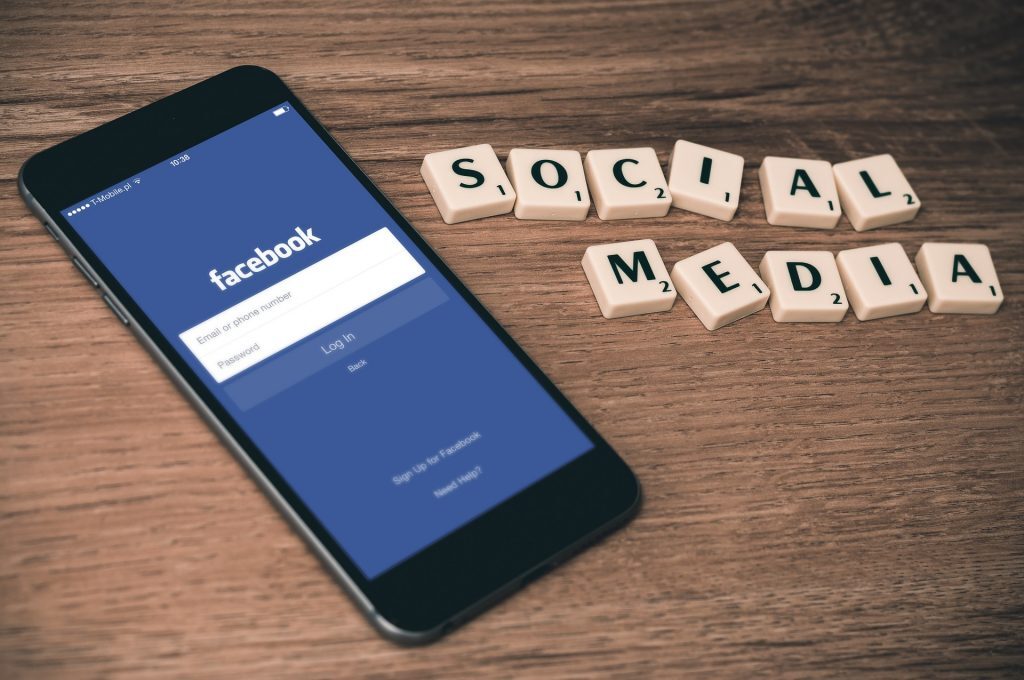“So you just view it in Safari,” a friend asked me with great bewilderment when I explained I didn’t have the Facebook app on my phone and the interactions he saw were through my iPhone’s browser.
Just over a year ago I deleted Facebook off my phone. Not long afterwards I deleted its companion Messenger app. I can safely report that I haven’t missed anything.
When I first wrote about it last year, my reasons were pretty simple: we had a child and the usually useful notifications became a pest. Instead of notifying me about meaningful details, the app was just trying to suck me back into it. It was biting the eyes that feed it, I recall thinking.
A year and a few months later my life without Facebook continues like it did before the 2.2bn-strong Facebook become the organising principle it is now. I read the news sites and apps that I trust. I stay in touch using a range of “old” technologies: I message my friends directly, and I call them to talk. I’ve always preferred such direct interactions, which are more meaningful if not quicker than the loudhailer method of social media.
I should say “Facebook not on my phone” because occasionally I look at it on my laptop, and go through my Messenger inbox to remind people of that old thing called email.
Every now and then, usually when I am travelling, I download the app again for a week or so, and use it. The simple reason is uploading pictures is just easier via the app. On the occasion my friend saw me posting, there was no way to know it was via the smartphone’s browser.
I have written a lot about Facebook and its problems this year – from Cambridge Analytica to the hack of 30m users data, to the strange and sycophantic role it now plays in our selfie-led online consciousness, to the strange and disturbing way it has eroded our sense of personal privacy and become a tormenting source of eternally one-sided comparative insufficiency (and sometimes depression) to our youth.
Facebook simply isn’t a part of my daily life. And I haven’t missed anything.
Perhaps that’s because my wife alerts me to major news – the death of a friend’s father, the arrival of another’s child – but mostly it’s because I have moved into a post-Facebook life where I use my smartphone in a more conscious way.
It began a few years ago, arguably, culminating in the app’s deletion – and sped, no doubt, by the time pressures and other demands of having a small child. At first I just turned off the notifications – which I have now done for just about every app, except some messaging and news apps – until I noticed I still never looked at Facebook.
But it gave me a legitimate reason to delete Facebook and I can frankly say I’m really glad I did. As this year’s hand-wringing from the people who made smartphones, social networks and they algorithms that drive them has shown: social media isn’t the happy-go-lucky demonstration of democracy in action they thought they were building. It has been “weaponised” – as both Tim Cook and Tim Berners-Lee have warned – by the personal information-hungry “data industrial complex” that fuels the advertising-driven business models of Facebook, Google, Twitter, YouTube and others.
Turns out, I am freer without social media.
This column first appeared in Financial Mail
